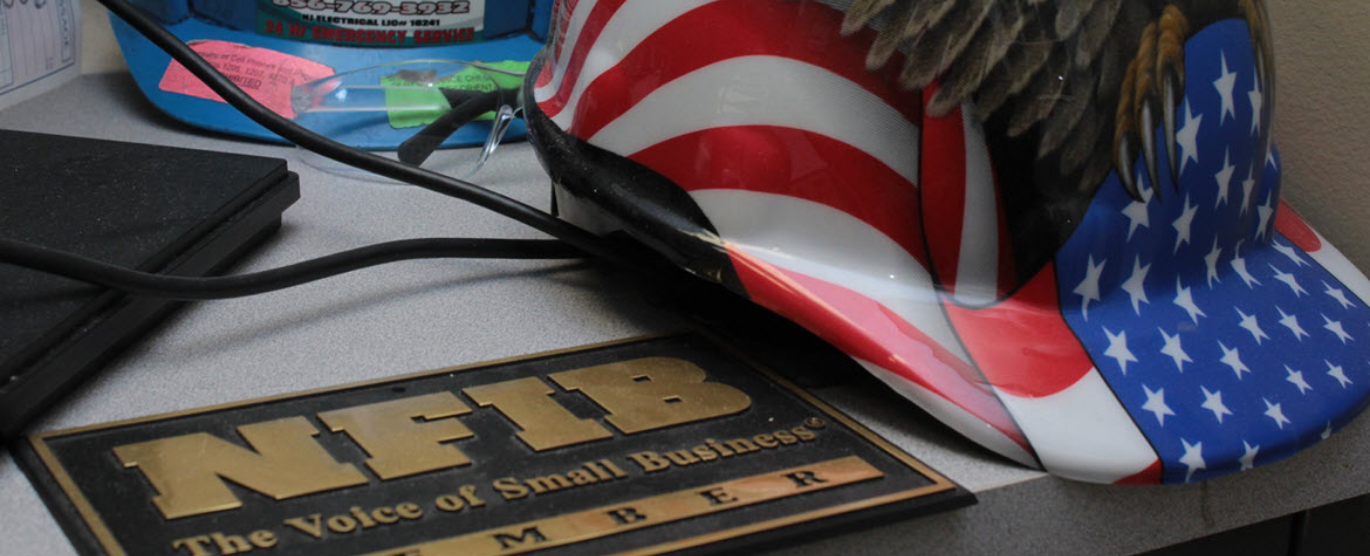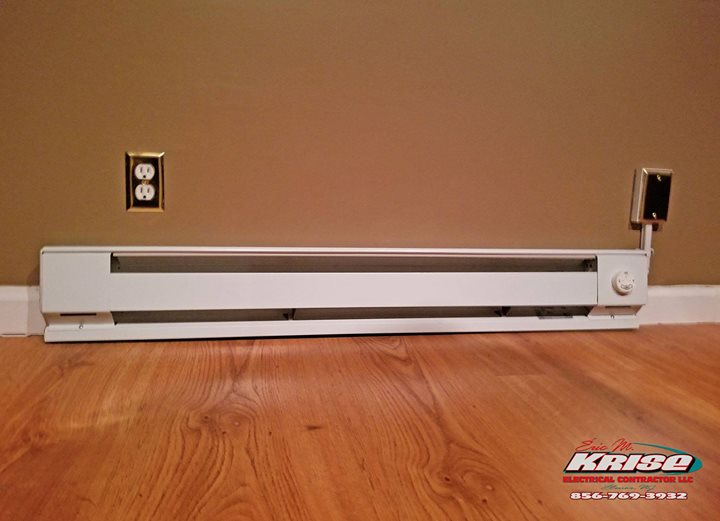Whether adding a new room to a home or adding heat to an existing room that’s either unheated or inadequately heated, electric baseboards should be a strong contender for your consideration. There are even some situations in which electric baseboard heat makes sense for an entire house. Let’s see why.
Inside their attractive metal covers, electric baseboards have hundreds of thin metal fins that provide a lot of surface area in a very small space for efficient transfer of heat from the electric heating elements into the air. The baseboards are installed low along the perimeter walls of a room, often under windows.
Have you ever wondered about their placement there? Take a quick trip back to middle school science class and the principle of convection. Exterior walls, especially those with windows, are colder than interior walls. As cold air drops down the wall, it encounters the hot air rising from the baseboard, resulting in circulation and even heat throughout the room.
Electric baseboards are easier and less costly to install in a home than any other kind of permanent heating system. They require no ductwork or plumbing, so new holes in walls and floors are minimized. All they need is an electrical connection, and it’s a lot easier to pull new wire than to find room for ducts, which can be disruptive and messy to install and which may eat up a fair amount of floor and wall space.
This makes electric baseboards ideal for installation in home additions that are a long distance from a boiler or furnace, and for adding heat to rooms that currently lack it, such as basement and attic conversions. In older homes where certain rooms are always too cold in winter, adding an electric baseboard or two can be far more economical than a complete hot-water or forced-air system upgrade.
Because they are not tied to a furnace or boiler, any room that has electric baseboards can have its own temperature control. This makes them ideal for rooms that are used less frequently, that are hard to heat, or where you wish to adjust the temperature independently from the rest of the house. You can keep that one room warm while the rest of the house remains cool, or vice versa. Either way, you’ll save money on your heating bill.
In some cases, electric baseboards make sense to heat entire houses. They are less expensive to install than hot-water or hot-air systems, and while many families find them more expensive to run on a regular basis, families that spend a lot of time out of the house, or that occupy the house only periodically, may find them the most cost-effective approach, especially if the home is well insulated. For landlords, they are an easy, inexpensive way to heat apartments while putting the tenant in control of his own heat and his own heating budget.
Two more advantages of electric baseboards over forced hot air systems: they don’t dry the air nearly so much, and they operate silently.
What about using electric space heaters instead? Safety is the biggest issue. Portable space heaters are a common cause of house fires and skin burns, while permanently, professionally installed electric baseboards are extremely safe. And while electric baseboards will add to your home’s value, the presence of space heaters will send prospective home buyers running.
Installation of electric baseboard heating systems is among the services we offer in New Jersey, Pennsylvania, Delaware, and Maryland. Get in touch today if you’d like to get that room warm before the winter starts.




